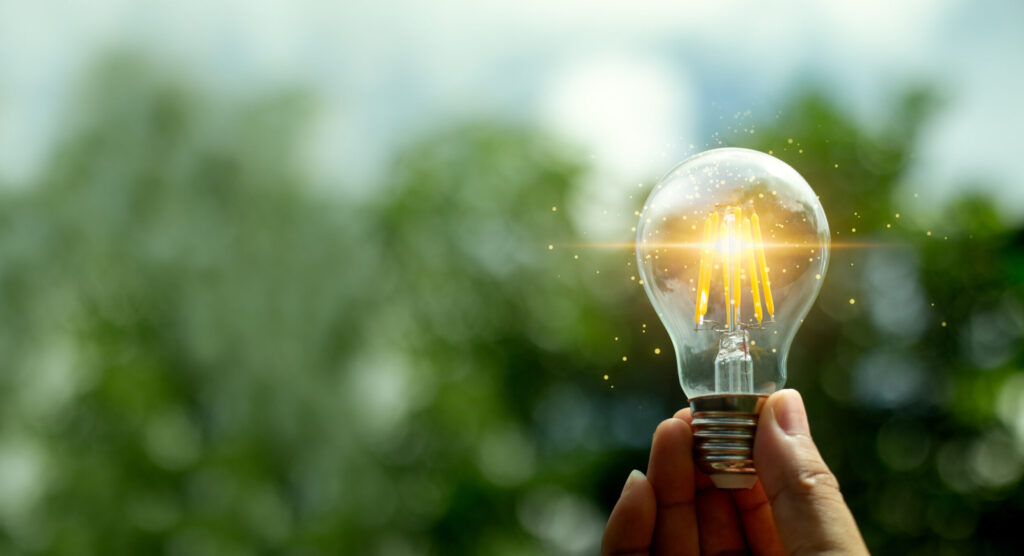Bring Solar One to Your School!
Solar One delivers classroom residencies to schools in the NYC metro area, including New Jersey, parts of upstate New York, and parts of Long Island. We offer in-person and hybrid professional learning for teachers in the NYC metro area and remote professional learning for teachers around the country.
Read more about our offerings below:
Professional Development Training
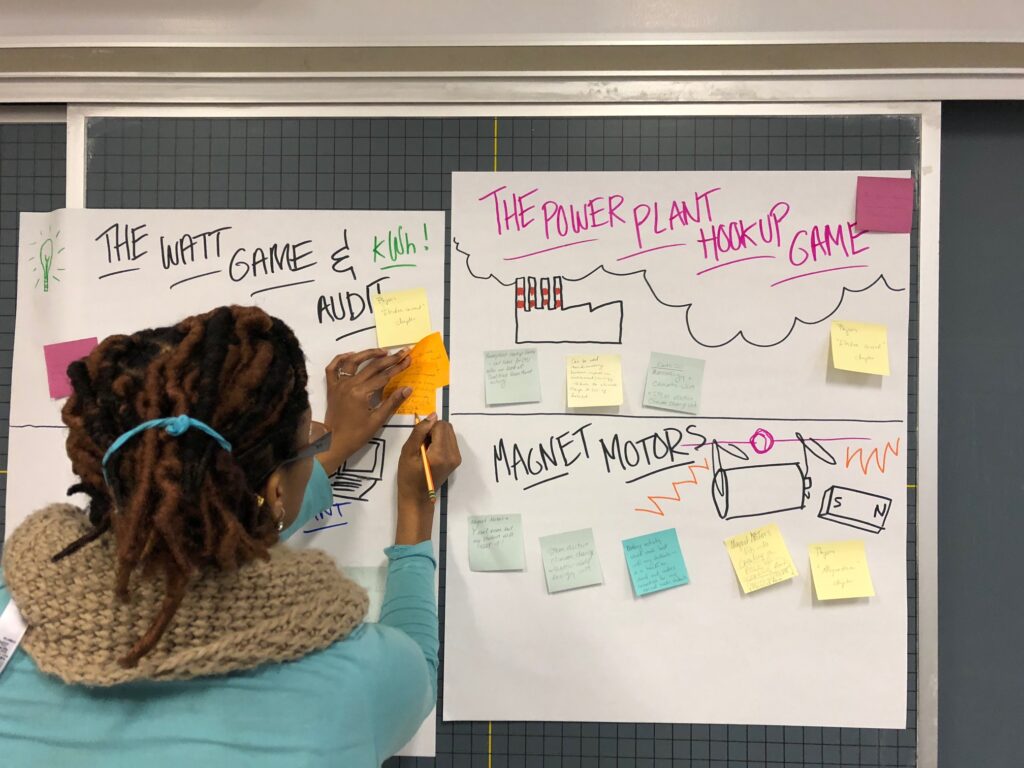
Solar One is certified by the New York State Education Department (NYSED) to provide Continuing Teacher and Leader Education (CTLE) credit. Our hands-on professional learning prepares teachers to bring climate action to life in their classrooms while aligning with a range of subjects, across grade levels.
At a Professional Development workshop, our Solar One staff educators provide training and guidance for teachers on how to incorporate our STEM-based, hands-on activities in Energy, Water, Materials, Air and Food into their classroom lessons. We also provide training on ways to work with students and the rest of the school community to conserve energy and reduce their carbon footprint.
Every workshop includes lesson planning time for integrating content into coursework, standards alignment, and discussions on best practices for using the Solar One Green Design Lab as a tool for highly effective teaching. Teachers receive detailed instructional guides for the activities covered.
Classroom Residencies
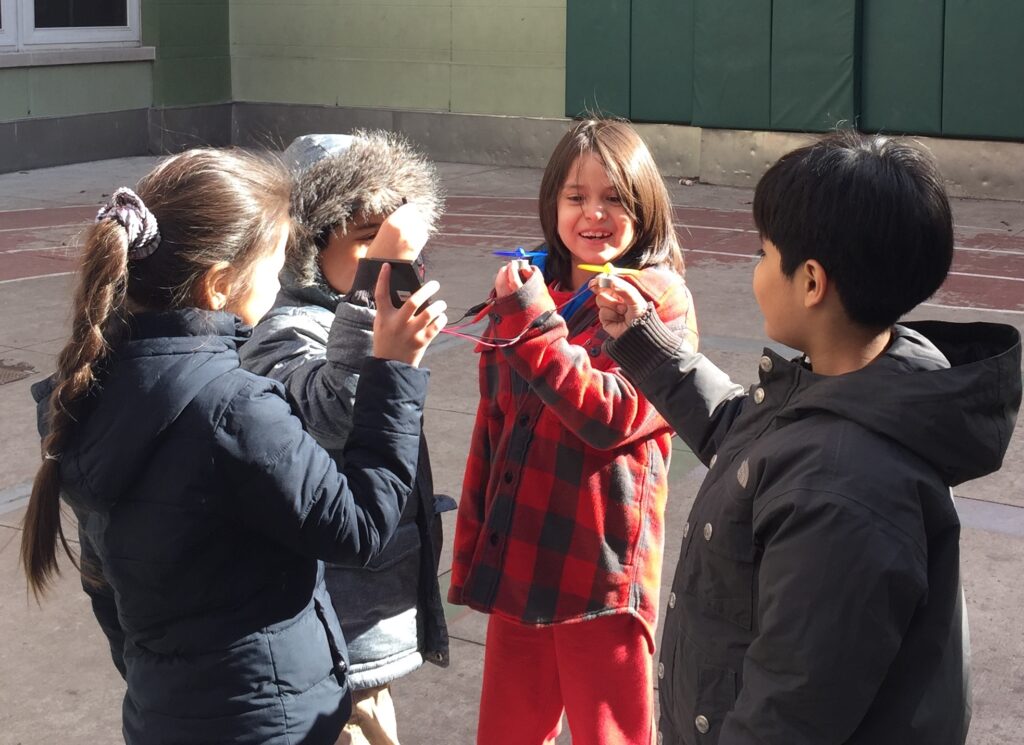
Solar One classroom residencies utilize place-based STEAM activities to bring climate solutions to life in the classroom. School partners may choose anywhere from one session – twenty session residencies. We work in grades 3-12 and align subject matter to learning standards and Amplify. During a residency, Solar One may work with up to four classes per day. We bring all program supplies and can provide supplemental training for teachers on how to replicate the activities with future classes.
Sample lessons include:
- Building non-toxic batteries
- Wind turbine blade design challenge
- Constructing solar powered cars
- Solar field study
- Fun with circuits
Summer Enrichment Programming
Solar One supports schools and summer camps with summer programs that explore sustainability and provide high quality work based learning opportunities.
Summer programs blend academics, environmental awareness, and green career exploration, increasing awareness of climate change while also encouraging youth to begin preparing for their own career pathways.
During the summer, Solar One educators can provide on-site STEM programs at summer camps, or arrange for field trips to Stuy Cove Park in Manhattan. In addition, we partner with high schools for in-depth career readiness programs.
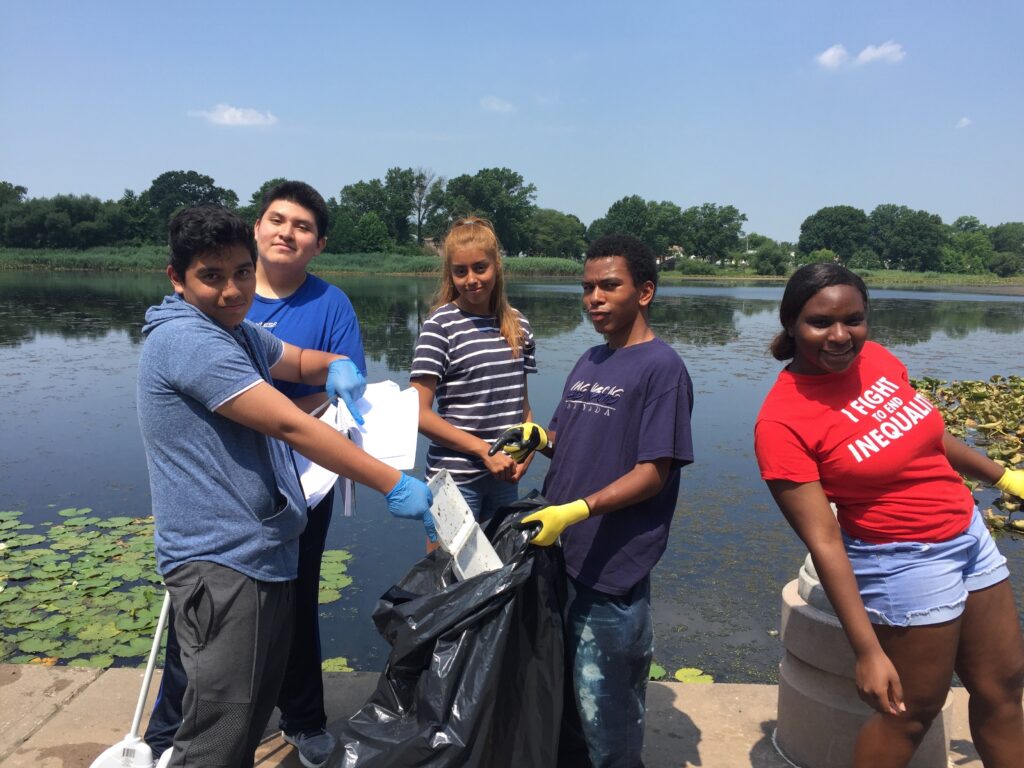
Schoolyard Solar
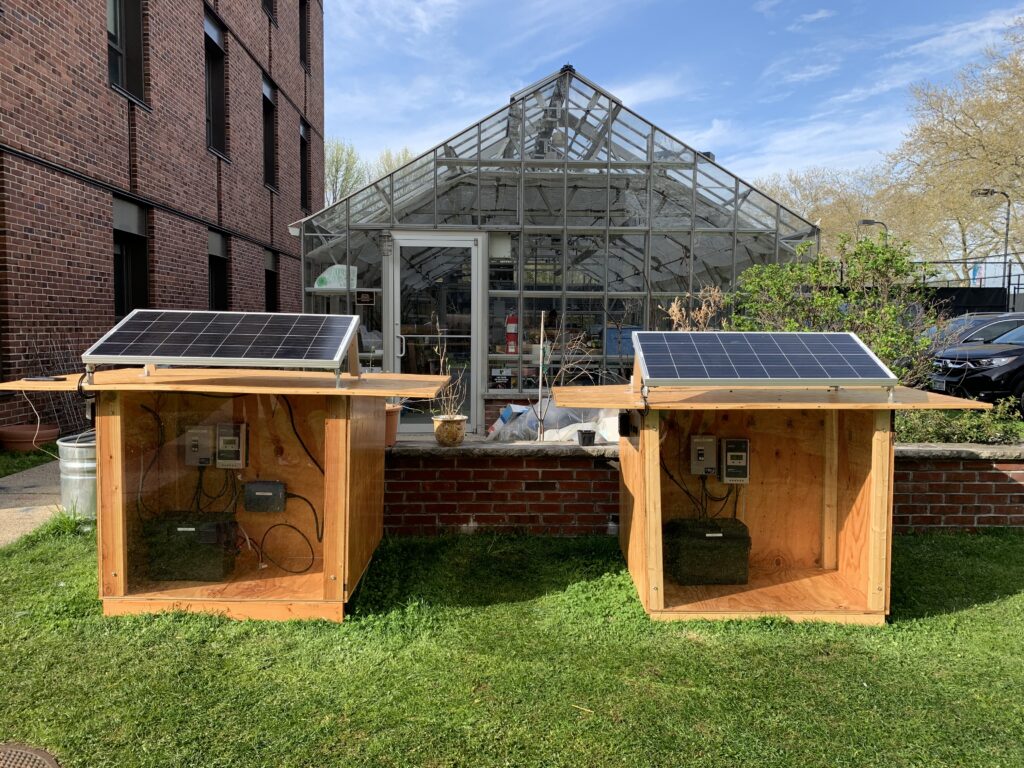
Solar One’s Demonstration Solar program allows students to participate in project-based STEM learning while promoting sustainability in their communities. During this program, Solar One Educators work with students to install a small solar powered electrical system with batteries on their school’s campus or at a nearby location. These systems use solar energy to power small appliances such as cell phones, laptops, lights, or speakers.
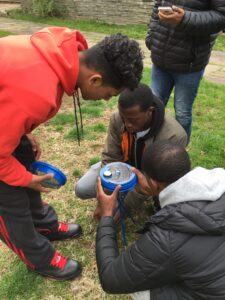
Demonstration Solar takes place over two full school days or four half days. During the first day, students build or assemble a structure to mount the solar components to. This allows students to practice math and engineering skills as they design, measure and use basic construction tools. On day two, students learn about solar circuits so that they can wire together the different components of the solar system. This allows them to sharpen science and technology skills as they learn about topics such as solar panels, energy storage and circuit building.
Once the systems are built, they continue to provide opportunities for experiential education and can be tied to classroom learning in various subject areas. For example, students can analyze the amount of electricity that is produce throughout the year and make connections to patterns in local weather and climate. The tilt of the solar panel can also be adjusted so that classes can investigate how the electrical output ties to properties of light.

